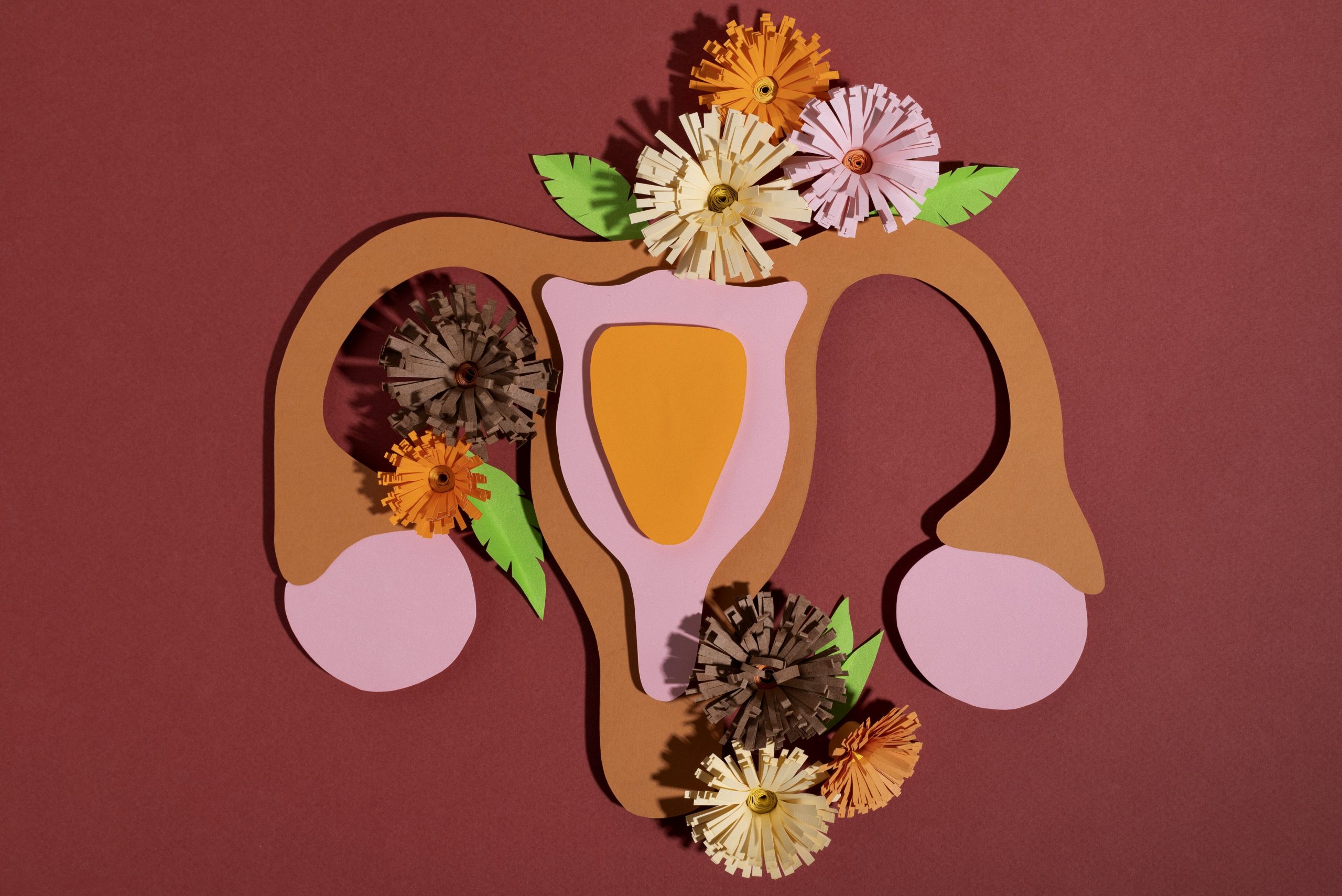Yeast infections are a common issue for many women, affecting about 75 out of every 100 females during their lifetime. Researchers have been exploring new treatments to swiftly restore balance in the vagina, and one promising approach is the use of probiotics, live microorganisms. There is potential for probiotics to aid in rebalancing and alleviating symptoms or preventing yeast infections, as certain bacteria may inhibit yeast overgrowth (Superti F, De Seta F, 2020).
These infections occur when there’s an overgrowth of Candida, a type of yeast, in the vagina. Normally, the vagina maintains a balance of “good” and “bad” microorganisms, including Candida. Disruption of this balance can lead to Candida overgrowth, causing symptoms such as itching, redness, painful urination or intercourse, and thick, white vaginal discharge.
Factors contributing to yeast infections include antibiotics, diabetes, douching, hormonal birth control, pregnancy, and a weakened immune system.
While research on the effects of probiotics on yeast infections is limited, there’s a suggestion that probiotic treatment for urinary tract infections (UTIs) might, in rare cases, lead to yeast infections. Common side effects of probiotic treatment may include abdominal pain, frequent urination, itchiness near the vagina, painful urination, vaginal discharge, and vaginal odor.
Probiotics, particularly those containing Lactobacillus, aim to balance the microorganisms in the vagina. These live bacteria adhere to cells, preventing harmful pathogens from binding. Lactobacillus may attach to vaginal cells, hindering Candida from binding and growing uncontrollably. Additionally, Lactobacillus helps maintain the vagina’s pH level, creating an unfavorable environment for yeast overgrowth.
While further research is needed to confirm the curative effects of probiotics, some evidence suggests that combining probiotic suppositories with antifungal medicine may treat recurrent yeast infections. However, healthcare providers generally recommend conventional antifungal treatments.
Probiotics may help prevent frequent yeast infections, but more research is necessary to understand their full efficacy and safety. It’s advisable to consult a healthcare provider before using probiotics, as they may provide guidance on dosage, administration with or without food, and timing in relation to antifungal medications.
Probiotic dosages vary from one to 10 billion colony-forming units (CFUs). Consult a healthcare provider to determine the appropriate dosage for your situation, typically taken one to two times daily. Follow label instructions or healthcare provider advice regarding storage conditions, as some probiotics require refrigeration.


